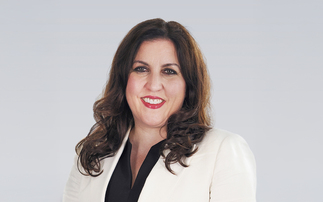
Clare Moffat, Head of the Intermediary Development & Technical Team at Royal London
The new Consumer Duty is a move to treating customers well and putting them at the heart of financial services. According to a Consumer Duty research report by Royal London, 55% of advisers expect to make changes to their business practices, but almost one in five haven't heard of these new regulations.
Advisers should start by mapping out the different stages of the mortgage and protection journey through a consumer lens. They need to think about fair value and communication. Evidence is key, because it's no longer just about doing the right things for the consumer; it's also about documenting them. Firms will need to monitor, identify, and review outcomes as well as understand the reasons behind the outcomes.
The new regulations will benefit clients and their families, because over time, there will be better consumer trust of the financial service industry and fairer treatment of vulnerable people. Advisers need to have robust conversations about risk and protection, and conversations should include topics covering the benefits of multi-covered plans to futureproof against their clients' biggest risks.
Even as clients may be facing increasing financial pressure, advisers can highlight the consequences of not having protection in place and providers will need to ensure that tools and resources are available even when budgets are tight.
If clients decide they need protection, but cannot afford it, advisers will need to document this to fulfil the requirements of the Consumer Duty. While there are changes ahead, for most, this is about documenting what the are already doing for their clients.
For more on what the Consumer Duty means for advisors and their clients, watch our exclusive An Audience With interview with Clare Moffat
This post is funded by Royal London











